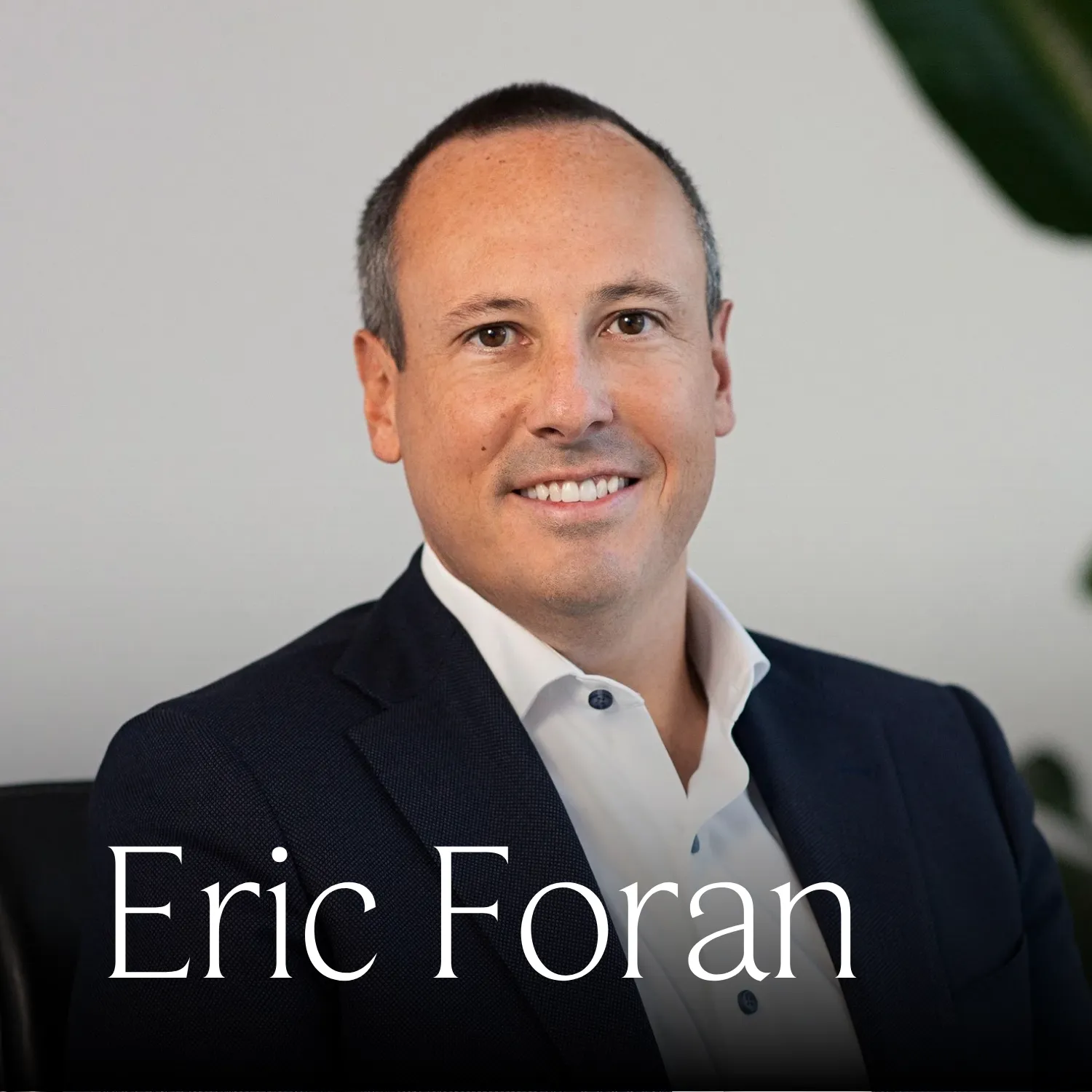Craig Emanuel
December 21, 2020


The first subject I studied when completing my Finance and Economics degree was ‘Portfolio 101’. The class began with the introduction and discussion of the ‘risk-free rate of return’ (Government Bonds). My University lecturer at the time was Dr. Guy Ford, who then became the Dean of Sydney University. Guy still reads these notes – so hello Mr Ford!
It was the days of the Sony Walkman and the “brick” mobile phone when I sat in Mr Ford’s lecture theatre. I was told that the basis of investing was solely to obtain an income. Any rise in investment value (capital gain) could not be forecast. Capital growth was the unknown long-term bonus, secondary to income.
The strategy of sourcing companies with a focus on increasing dividend payments over time must therefore be the smart way to success. This itself was the likely indicator of a stable and financially successful company. This was (one of) the long-term secrets to the wealth of Warren Buffet. It must therefore work!
Searching for high-yielding investment “unicorns” is fraught with danger. Investors risk their underlying capital. Investors also disregard most of the World’s investment opportunities. Covid and the year of the pandemic proved this even more so.
Can we now look forward to a more reliable income for investors from 2021? Not at all in our view. Currently more than 95% of the ASX200 (the top 200 Australian public companies) are quoting a potential dividend yield greater than Australia’s 12month term deposit rate. I emphasise the word ‘potential’. (Source: AFR, The dividend party is over, 10 August 2020.)
Share prices can very easily fall sharply in price, when earnings are downgraded and dividends are cut. There is no “safe” yield in the market. For example a quoted dividend of 8% carries – potentially – enormous capital risk. If a company announces a dividend reduction of 50%, this may lead to a substantial fall in the share price.
This is by no means my final punch to the income investor in the red corner…
Dividends may result in a significantly higher ongoing taxation liability, as opposed to investing for growth. If you hold high-income assets, you are a holder of forced annual capital withdrawals, which are taxed each year. Dividends have the effect of limiting your total returns, as you are forced to take your capital out, rather than your capital compounding over time. This forced capital withdrawal is contradictory to the benefits of long-term investing.
Dividends (or franking credits) are not free money. There is no such thing as a free lunch when investing. Dividends are funded directly from that company’s cash holdings, thereby reducing future opportunities for the very company you have invested.
A fundamental building block of investment success is through diversification. Chasing dividends may leads to a much lower level of diversification, with more than 60% of the World’s largest companies (Apple, Google, Facebook, Amazon, Tesla) not paying dividends. Nor do they intend to pay dividends any time soon. They can otherwise afford to – instead management argue their focus is to deploy capital and source out investment opportunities. The reason why shareholders invest in companies to begin with!
The psychology of fear and greed is hard-wired into our human DNA. These two are the fundamental drivers of investor emotion. During 1984 a lengthy global study completed by Shefrin and Statman, looked at why investors have a preference to for chase dividends over investing for long-term growth. Two simple reasons were found.
Firstly, most investors are unable to delay their future investment gratification and instead prefer to adopt a cashflow strategy. They would rather remove the uncertainty of a big payday in the future.
Secondly, investors carry a fundamental principal of ‘loss aversion’. The strategy of taking dividends annually makes investors more comfortable to invest over the long term. This itself is a paradox, as both reasons are simply short-term psychological benefits, not long-term investment benefits.
2020 will be remembered as the year of Covid-19. The pandemic changed the way we live. 2020 changed our health habits and the way we dine out. 2020 changed how we shop and how we interact socially.
2020 also delivered a major shift in investor thinking. Across investment generations, many investors still carry scarred memories of the crash of ’87. The Asian bond crisis. The technology crash of 2000. September 11. The Global financial crisis. Post 2009 there was an entirely new generation of investors who had enjoyed a perpetual bull market. Their entire investing lives. Until Covid-19 appeared.
The year that morphed into the year of the pandemic year hammered home one thing to our firm. As blunt as it sounds – we don’t care about income. The findings of Shefrin and Statman proved just illogical investors can be. The value we add to our clients is detaching this emotion from the decision making and investment process.
Our focus has and always will be – a focus on total investment return. I’m betting that the blue corner will again win the investment fight leading into 2030.
This will be our last note for 2020, so to all our clients and readers – we wish you all a very Merry and safe Christmas. We look forward to continuing this journey with you during 2021!
Emanuel Whybourne & Loehr Pty Ltd (ACN 643 542 590) is a Corporate Authorised Representative of EWL PRIVATE WEALTH PTY LTD (ABN: 92 657 938 102/AFS Licence 540185).Unless expressly stated otherwise, any advice included in this email is general advice only and has been prepared without considering your investment objectives or financial situation.
There has been an increase in the number and sophistication of criminal cyber fraud attempts. Please telephone your contact person at our office (on a separately verified number) if you are concerned about the authenticity of any communication you receive from us. It is especially important that you do so to verify details recorded in any electronic communication (text or email) from us requesting that you pay, transfer or deposit money, including changes to bank account details. We will never contact you by electronic communication alone to tell you of a change to your payment details.
This email transmission including any attachments is only intended for the addressees and may contain confidential information. We do not represent or warrant that the integrity of this email transmission has been maintained. If you have received this email transmission in error, please immediately advise the sender by return email and then delete the email transmission and any copies of it from your system. Our privacy policy sets out how we handle personal information and can be obtained from our website.
The information in this podcast series is for general financial educational purposes only, should not be considered financial advice and is only intended for wholesale clients. That means the information does not consider your objectives, financial situation or needs. You should consider if the information is appropriate for you and your needs. You should always consult your trusted licensed professional adviser before making any investment decision.
Emanuel Whybourne & Loehr Pty Ltd (ACN 643 542 590) is a Corporate Authorised Representative of EWL PRIVATE WEALTH PTY LTD (ABN: 92 657 938 102/AFS Licence 540185).Unless expressly stated otherwise, any advice included in this email is general advice only and has been prepared without considering your investment objectives or financial situation.
There has been an increase in the number and sophistication of criminal cyber fraud attempts. Please telephone your contact person at our office (on a separately verified number) if you are concerned about the authenticity of any communication you receive from us. It is especially important that you do so to verify details recorded in any electronic communication (text or email) from us requesting that you pay, transfer or deposit money, including changes to bank account details. We will never contact you by electronic communication alone to tell you of a change to your payment details.
This email transmission including any attachments is only intended for the addressees and may contain confidential information. We do not represent or warrant that the integrity of this email transmission has been maintained. If you have received this email transmission in error, please immediately advise the sender by return email and then delete the email transmission and any copies of it from your system. Our privacy policy sets out how we handle personal information and can be obtained from our website.






NewsLetter

Free Download
